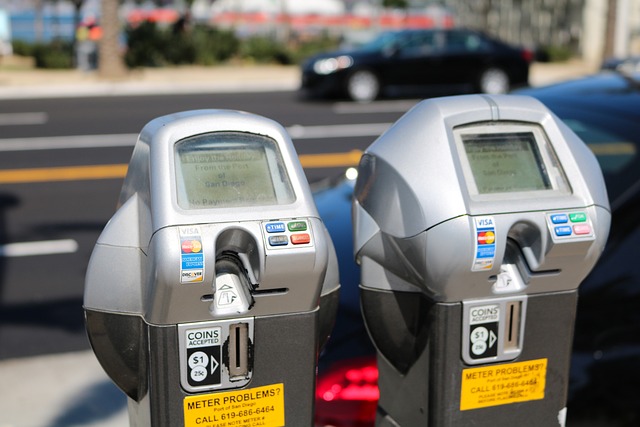
Parking fines, also known as parking tickets or parking citations, are issued to drivers who violate parking rules and regulations. These fines are typically issued by local authorities, such as cities or municipalities, and are designed to encourage compliance with parking laws and to deter people from illegally parking in designated areas.
If you receive a parking fine, you are usually required to pay it within a certain timeframe, typically within 30 days of the citation being issued. If you do not pay the fine within this timeframe, it may become overdue.
Overdue parking fines can lead to additional penalties and fees, as well as negative consequences on your driving record. In some cases, local authorities may choose to escalate the matter by sending the fine to a debt collection agency. Debt collectors are companies that are hired by the local authority to pursue unpaid debts, including parking fines.
If a debt collector is called in to collect an overdue parking fine, they will typically contact you by phone, email, or mail to request payment. They may also visit your home or place of work to speak with you in person. If you do not pay the fine or make arrangements to pay it off, the debt collector may take legal action against you, such as garnishing your wages or placing a lien on your property.
It is important to pay your parking fines on time to avoid these negative consequences. If you are unable to pay the fine, you may be able to request a payment plan or ask for the fine to be waived or reduced. However, these options are typically only available if you can demonstrate financial hardship or if there are extenuating circumstances that prevented you from paying the fine on time. In summary, parking fines are issued to drivers who violate parking rules and regulations. If you do not pay the fine within the required timeframe, it may become overdue and a debt collector may be called in to collect the debt. To avoid additional penalties and legal action, it is important to pay your parking fines on time or seek alternative arrangements if you are unable to do so.
Views: 45
